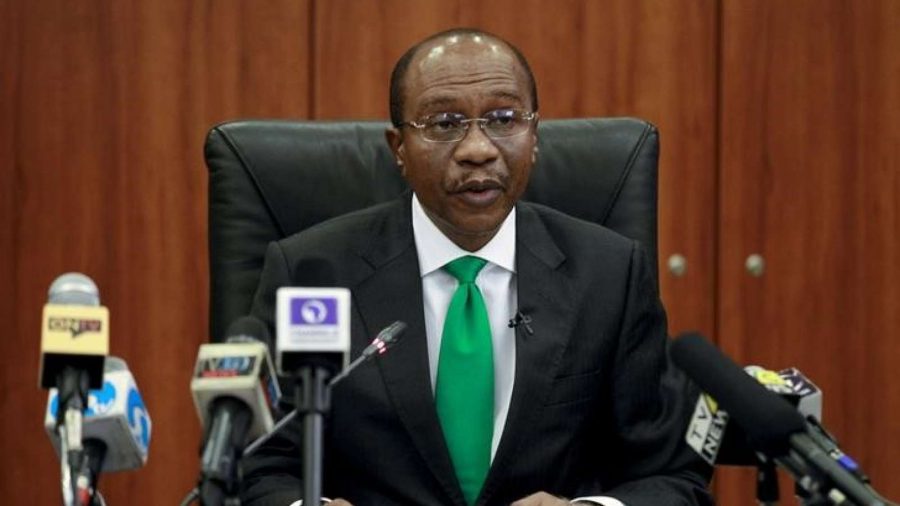In a bid to encourage Deposit Money Banks’ (DMBs) to safely grow the economy, the Central Bank of Nigeria may de-risk the financial sector. Speaking at a press briefing on the outcome of the recently-held Monetary Policy Committee (MPC) meeting, Emefiele said there is a need to mitigate credit risk in the country.
In line with his goal to effect the new LDR policy that was recently put in place, Emefiele said starting from September 30, 2019, the CBN will commence the review of Deposit Money Banks’ (DMBs) Loan-to-Deposit Ratios (LDR) in a bid to increase lending to the country’s real sector.
According to Emefiele, there is a need to boost output growth through a sustained increase in consumer credit, mortgage loans, and the granting loans to the Small and Medium Enterprises (SMEs).
READ MORE: CBN cries out over banks’ outrageous interest rates on loans
Putting the LDR of Nigeria’s banking industry at 57 per cent, Emefiele stressed that this was low when compared to countries such as Brazil (70 per cent), the United States (75 per cent), China (71.2 per cent), India (75 per cent), South Africa (91 per cent) Kenya (76 per cent), and Japan (70 per cent).
He, therefore, called for all hands to be on deck in order to effectively grow the economy.
“We need everybody’s support to achieve growth in Nigeria. When the monetary policy raised the concern, we had a flat loan-deposit ratio.
“We would apply certain sanctions that involve asking the 50 per cent of the ‘un-lent’ portions of their loans into the CRR.
“The deadline is 30th of September. After September 30, we are going to begin a month-by-month monitoring and then prescription of deposit loan ratio for the banks.”
READ ALSO: Why CBN disallowed banks from investing in bonds
Prior to this development, the CBN had directed DMBs to maintain a minimum loan to Deposit Ratio (LDR) of 60%.
Why this matter: With an average LDR of about 40%, it would not be erroneous to assert that Nigerian banks are among the most reluctant lenders in major emerging markets.
According to data compiled by Bloomberg, the average ratio across Africa is 78%. South Africa tops the chart with 90% while Kenya Kenya is at 76%. There is no gainsaying the need, therefore, for Nigerian banks to lend more. It is good for the economy.












